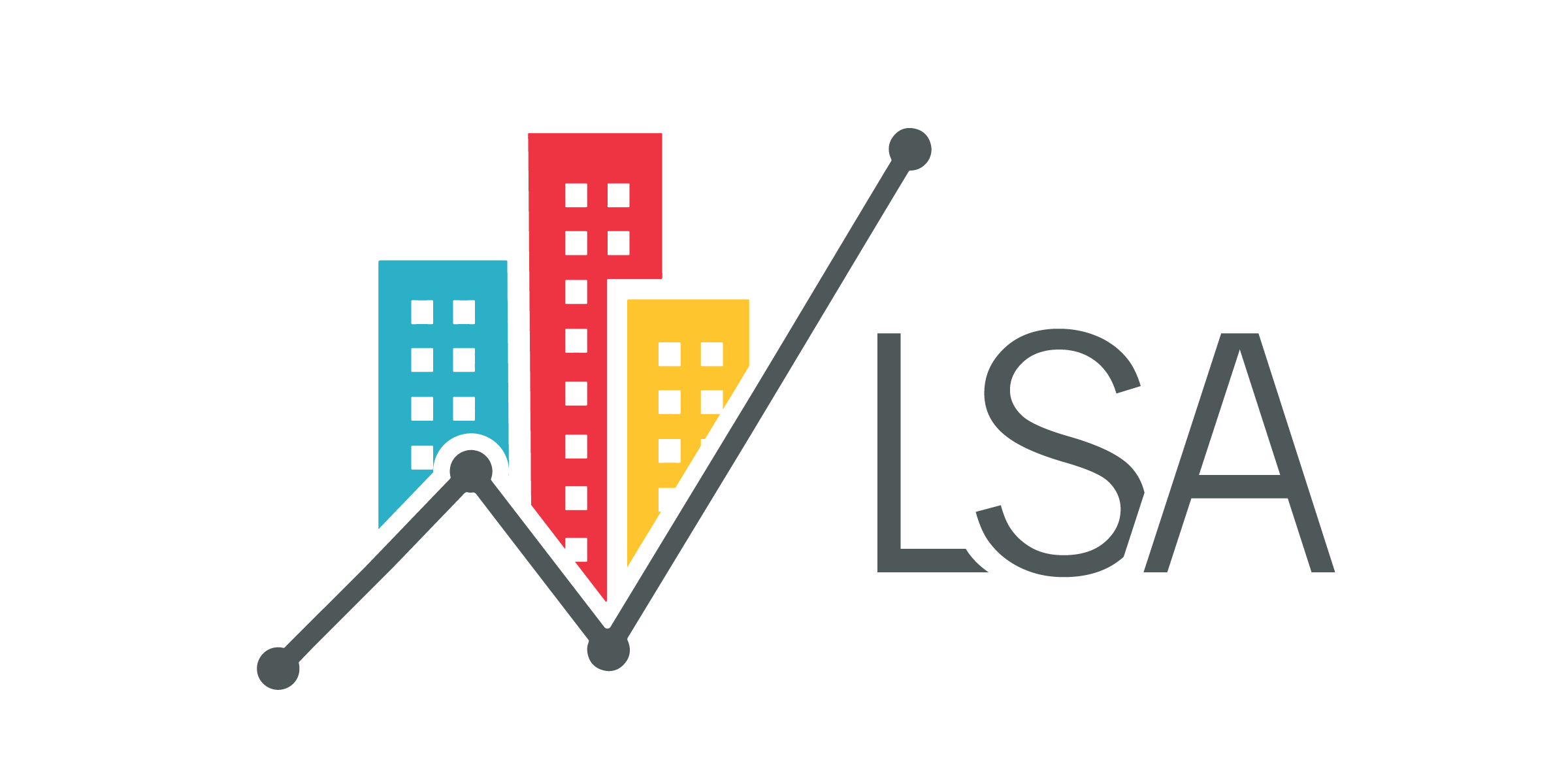
Late last year, it seemed all but certain that the Fed would be raising rates in 2019, perhaps three or four times. However, now it is looking like the Fed could move more slowly on interest rate hikes.
Why do we care so much about the Federal Reserve and whether the Fed decides to push up interest rates?
The Federal Reserve sets the U.S. federal funds rate, which is the interest rate that banks charge each other to borrow money. Making changes to this rate is the Federal Reserve’s mechanism for influencing monetary policy. Raising this rate makes it more expensive to borrow in the short-term (and also impacts borrowers with adjustable-rate mortgages). Increases in the federal funds rate eventually lead to increases in the cost of borrowing over the long-term.
If—really when—the Fed does increase interest rates this year, there will be an increase in mortgage rates. The current 30-year fixed-rate is 4.35 percent (as of February 21). The National Association of REALTORS®, National Association of Home Builders, Mortgage Bankers Association and Freddie Mac, all predict interest rates will rise to above five percent in 2019 (predictions range from 5.1 to 5.3 percent).
What this means is that current mortgage rates are likely the lowest we will see this year, but even the higher predicted rates are still low by historic standards.
So what does this increase in rates mean for the housing market?
While the relationship between interest rates and home prices or housing market activity is not straight forward, it is true that mortgage rate increases have usually been accompanied by reductions in mortgage originations and home sales nationally.
The reason is that the rate increase makes it more expensive to buy a home. Assuming you have a $300,000 mortgage, an increase from a 5.0 to a 5.5 percent interest rate would increase payments by about $90 per month. Not only does the interest rate increase monthly payments, it also increases the amount of income need to qualify for the mortgage.
Will higher interest rates lead to a slowdown in the market?
This housing market cycle is very different than past cycles. Rates have been very low for a long time and there is still pent-up demand for housing. Furthermore, there are economic fundamentals that point to continued strength in the housing market. Strong job growth, low unemployment rates, and wage increases all suggest increases in the demand for homeownership. Demographic factors—primarily the huge Millennial population that is starting to feel more economically stable and is reaching homebuying age—will have a positive impact on homebuying activity as well.
Interested in more analysis of the housing market? Email us!




